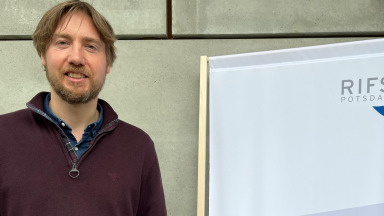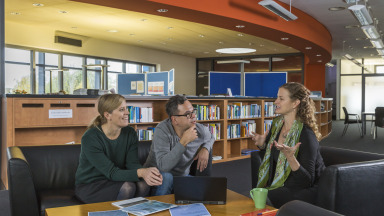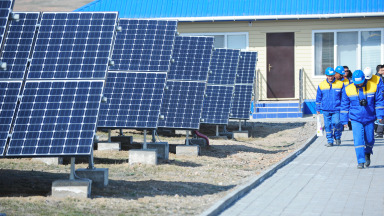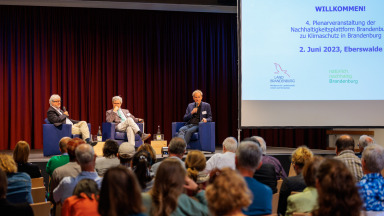Clubs consume a lot of electricity, popular DJs live a jetset life. But there are growing efforts in the club scene to protect the climate, for example with green energy and mobility. In addition to ecological sustainability, social sustainability plays an important role, with club managers and ravers taking a stand against racism, violence against LGBT people and other forms of oppression. At RIFS, social scientist Kerstin Meißner will take stock of sustainability efforts in club culture during a one-year fellowship.




